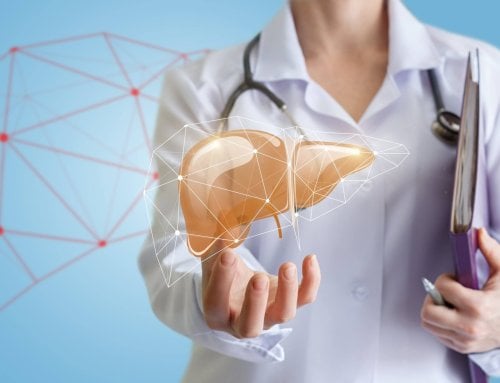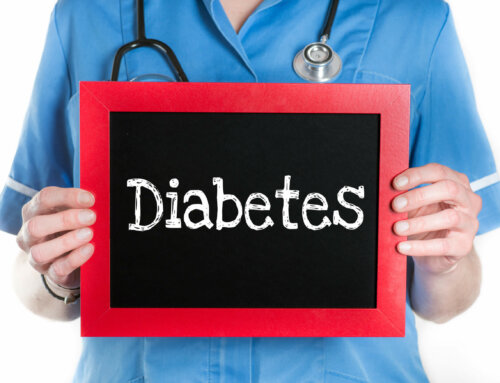I continue to try to keep you up to date with information that is current, pertains to people with diabetes and is what your health care provider should be reading.
GLP-1/DPP4 Medication Study
A current study being done at John’s Hopkins University School of Medicine in Baltimore, Maryland revealed a 2 fold increased risk of acute pancreatitis needing hospitalization by patients being treated with therapies – Byetta and Januvia. The study done by Dr. S. Singh, utilizing over 1300 subjects and reported in the JAMA-Internal Medicine, stressed that “patients should not stop taking their prescribed medications before consulting with their physician.” He continued to say that “those taking these medications should be aware of symptoms of acute pancreatitis including severe nausea, vomiting, and abdominal pain.”
Pancreatitis is inflammation of the pancreas and can be extremely dangerous if left untreated. Usually pancreatic enzyme levels are checked if a problem is suspected and can offer a diagnosis along with the symptoms. According to Dr. Singh “this is a red flag because pancreatitis can be on the pathway to pancreatic cancer.” At this point in time little is known about the long term effects of these medications since they are fairly new. The American Diabetes Association and The American Association of Endocrinologists stress that this information should be used on an individual basis and that these medications still have multiple benefits. At this moment there are 9 ongoing studies using GLP-1 medications (with 65,000 subjects), which should lead to more definitive answers about these medications.
What is GLP-1?
GLP-1 is a hormone that is released from the endocrine cells in the gut after a meal containing carbohydrates. Byetta, the first GLP-1 mimetic approved in the U.S., mimics GLP-1 formed in the body and prompts insulin secretion when the blood sugar is elevated after a meal. It also reduces the production of glucagon (sugar) released by the liver that usually occurs after a meal. Another benefit is that it is one of the few diabetes medications which preserves beta cells in the pancreas where insulin is formed; it slows gastric emptying which decreases hunger and aids in the shedding of pounds (a difficult process when you have diabetes). It comes in a pre-filled pen and is injected twice a day within in an hour of your meals. It is a subcutaneous injection placed in the abdomen, thigh or upper outer arm. Other available GLP-1 medications are Bydureon, which is injected once weekly, and Victoza which is injected once a day – at anytime, as long as it continues at the same time the following days. Januvia was the other medication studied; it is an oral medication which is a DPP4 inhibitor. The concept is GLP-1, which helps control after eating blood sugars, is quickly broken down by an enzyme we secrete called DPP4. This oral medication blocks DPP4 (a DPP4 inhibitor) so there is GLP-1 available to lower blood sugars. Other brands of DPP4 medications not used in the study are Tradjenda, Onglyza, and Galvus. The shedding of excess weight is seen much more in the GLP-1 injectables as compared to the oral medications.
Bottom line
GLP-1 mimetics and DPP4 inhibitors offer great benefits to people with type 2 diabetes, but also may come with some risk. Always have a discussion with your health care provider before starting a new medication, know the facts and report any unusual symptoms when they occur. Realize that diabetes is a growing illness and drug research is a huge field; new diabetes medications on the horizon will continue to be developed and approved. Understand what you can before making a medication decision with your physician by becoming an informed patient. Happy learning!
NOTE: Consult your Doctor first to make sure my recommendations fit your special health needs.













Leave A Comment